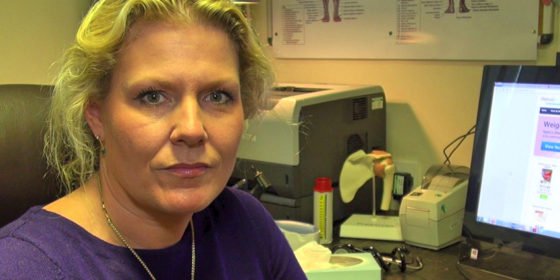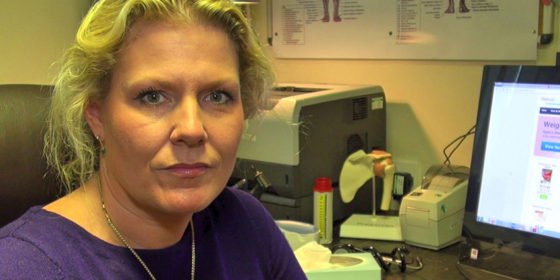
To the UK trans and non-binary people who have been frustrated by NHS gender care for many years, a new set of service specifications may sound like a delicious and fulfilling box of your favourite chocolates. So magical, they don’t even contain any calories.
Can something so enchanting exist?
Here are a few highlights on the way NHS England is proposing the care for adult trans and non-binary people accessing Gender Identity Services should change:
- All individuals referred may exercise full personal autonomy in respect of their identity and presentation
- Personalised assessments and interventions
- Shared decision making
- Service flexibility
- Efficient and timely delivery of services
- Referral to treatment waiting time standards
- Seamless transfers for young people
- No invasive genital examinations
- No enforced periods of counselling and psychological intervention
- Surgery referrals from age 17
However, the sceptics among us who have seen the fallout from trans and non-binary people waiting on four year waiting lists to Gender Identity Clinics (GIC) will question how exactly this is going to be achieved.
The barrier is two-fold
If the current numbers of specialists in the field are unable to cope with the existing demand, how will they manage the increased workload these shiny new specifications will bring?
Secondly, where draconian attitudes among some specialists persist, will they be altered by good research, evidence base and collaborative working?
After the publication of the Transgender Equality report from the Women and Equalities Committee, highlighting significant concerns in the treatment of transgender patients by GPs, the General Medical Council (GMC) issued some guidelines to help.
The guidelines showed significant promise. This could have been the first step on the path towards a more ‘grown up’ approach to treating transgender patients.
Alas, GPs are not playing an active role in delivering these new service specifications.
Yet again the British Medical Association, who are the union for doctors are requesting that GPs are excused from the responsibility for prescribing, administering and monitoring the medication for trans and non-binary patients. They fear the current system has not provided adequate support.
Some GPs have cited they do not have knowledge or skills for this. However, the GMC Good Medical Practice says doctors must keep their knowledge and skills up to date. Ignorance is no excuse for not delivering basic care.
If these NHS standards were introduced into GP surgeries, then simple cases of gender incongruence could be dealt with by family doctors.
This would reduce the long waiting lists for specialised centres. They would no longer be inundated with referrals.
What should doctors know about gender dysphoria?
These are the current criteria for treatment:
- Persistent, well-documented gender dysphoria
- Capacity to make a fully informed decision and to consent to treatment
- If significant medical or mental concerns are present, they must be reasonably well-controlled
Why on earth do we need a specialist for that?
GPs are familiar with the drugs that are recommended to treat people with gender dysphoria, as well as the need for blood test monitoring, as outlined in the guidelines.
These specifications are undoubtedly well crafted, individualised and a significant improvement on the current situation. However, they are also completely unachievable without the support of front line doctors.
Every other condition follows this format:
- Patient has a problem
- Patient visits GP
- GP does basic assessment, investigations and treatment
- Anything that they can’t deal with – refer to secondary care (your local hospital)
- If local hospital unable to manage – refer to tertiary care (your regional specialist centre)
Except if you have gender incongruence.
Imagine if you arrived at the doctor with a broken elbow, and the doctor refused to treat you because ‘they knew nothing about elbows.’
That would be outrageous.
The GMC have publically stated that ‘they don’t believe care for patients with gender dysphoria is a highly specialised treatment area requiring specific expertise.’
It is time NHS England and the BMA took the same stance.
The revised service specifications are intended to improve care for transgender patients.
However, until the NHS stops treating all trans, intersex and non-binary people as ‘special cases’ requiring highly specialised care, they will never get the urgent attention and subsequent relief, that so many of them need.







